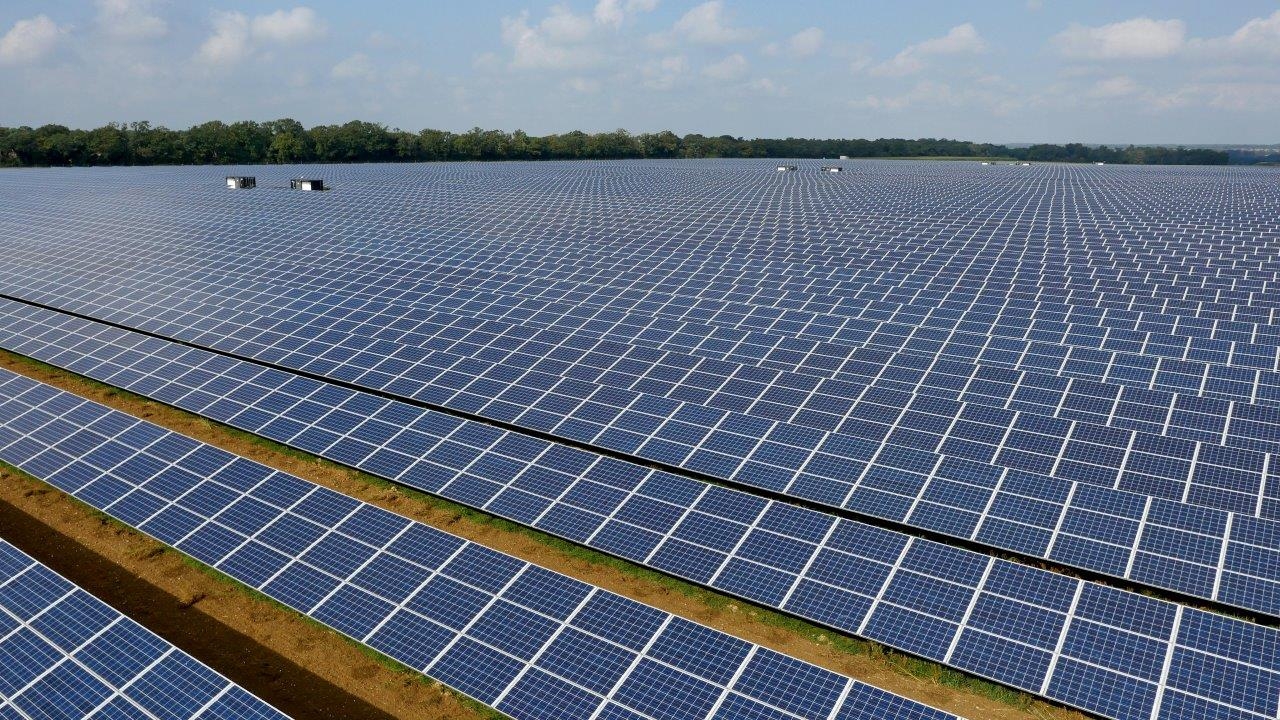As the transition to renewable energy continues rapidly worldwide, Chinese solar panel manufacturers, one of the key players in this transformation, are facing a historic crisis. Overproduction in the sector and harsh trade restrictions imposed by the US have led major companies to report billions of dollars in losses. Solar panel prices have fallen to their lowest level in 14 years.
Solar panel prices continue to decline
The first half of the year has been quite challenging for Chinese solar energy companies. Seven major manufacturers in the sector collectively reported losses for the first time last year. The situation has worsened in the first six months of this year. Tongwei, one of China’s leading manufacturers, posted a net loss of $693 million in the January-June period. Trina Solar, which made a profit of $73 million in the same period last year, reported a loss of $407 million this year.

Prices continue to fall due to oversupply in the sector. This has forced companies to revalue their stocks and assets. By the beginning of July, solar panel prices had fallen to 8.7 cents per watt. This is the lowest level since 2011.
China’s rapid growth is one of the biggest factors in the decline in prices. The country is projected to install 212.2 gigawatts (GW) of new solar capacity in the first half of 2025, double the growth from the same period last year. This new capacity brings China’s total installed solar capacity to 1.1 terawatts (TW).
But Chinese manufacturers are not just grappling with oversupply. The US government has imposed a 30% tariff on goods originating from China. It has also announced additional tariffs of up to 3,400% on solar cell imports from Cambodia, Malaysia, Thailand, and Vietnam. These countries host large production facilities established by Chinese companies to circumvent trade barriers. These measures have severely restricted Chinese companies’ access to the US market.
Following these developments, the Beijing government has also taken action. The Ministry of Industry and Information Technologies held a meeting with leading manufacturers in the sector and called for the closure of old and inefficient production capacities.
Officials also stated that price wars must end. Experts believe the problem cannot be solved solely by limiting capacity. The government is known to keep companies afloat with generous subsidies. In some scenarios, even purchasing excess inventory and capacity with a state-supported fund has been considered.













